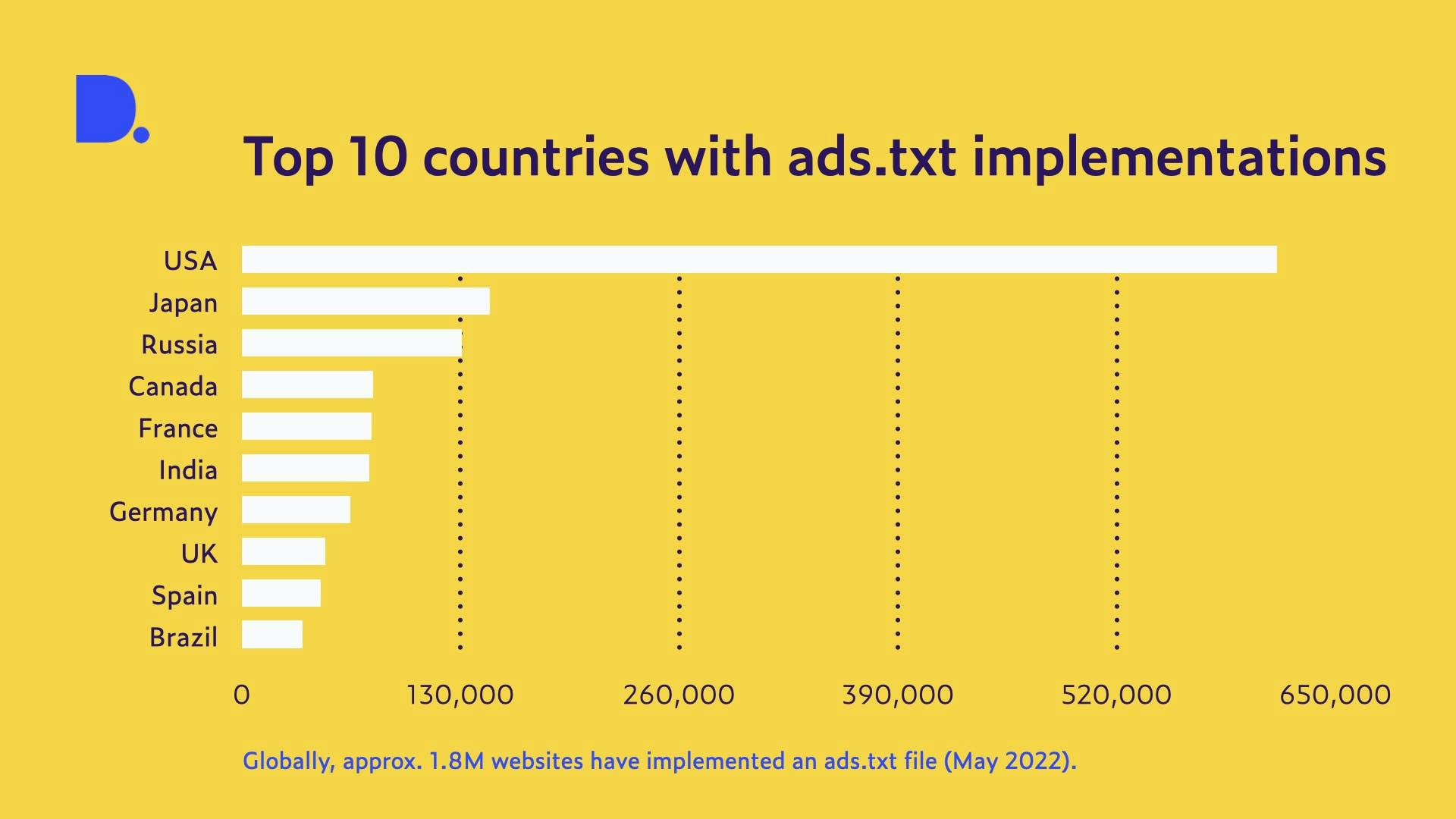What is ads.txt and why is it important?

A lot of people that work in advertizing or tech might have heard of robots.txt: a file you can place on your website and in which you can give search engine robots instructions what (not) to index.
A lesser-known protocol is ads.txt. It’s an initiative from the Interactive Advertizing Bureau (IAB), an international trade organization for advertizing that creates advertizing standards for the digital world.
What’s it for?
A common problem in the online advertizing world is that there are sellers who pretend to sell advertizing spaces on a certain site. However, they don’t run these ads on the specified sites but on a completely different, low-quality website. This is called domain spoofing. Ads.txt, an abbreviation for Authorized Digital Sellers, is a simple and effective solution. A website publisher can say: these are the parties that can sell ads on my website. Here’s an example: https://www.nytimes.com/ads.txt
Dataprovider.com indexes virtually all websites worldwide each month and we look at each website if it has implemented an ads.txt.
How many websites have implemented ads.txt? Are there specific regions where it’s popular? Let's take a closer look.

Globally, we identify around 1.8 million websites that have implemented an ads.txt file. The largest share of these sites can be traced to the USA with just over 600,000. Following behind, with a combined total of around 280,000 sites, Japan and Russia make up around 15% of all sites with a specified ads.txt. At the bottom of the top 10 countries is Brazil with around 36,000 sites which translates to a 2% share.
While the implementation of ads.txt won’t prevent all types of ad fraud, it’s a relatively simple solution to circumvent some shady practices. Dataprovider.com indexes virtually all websites worldwide each month and we look at each website if it has implemented an ads.txt.
